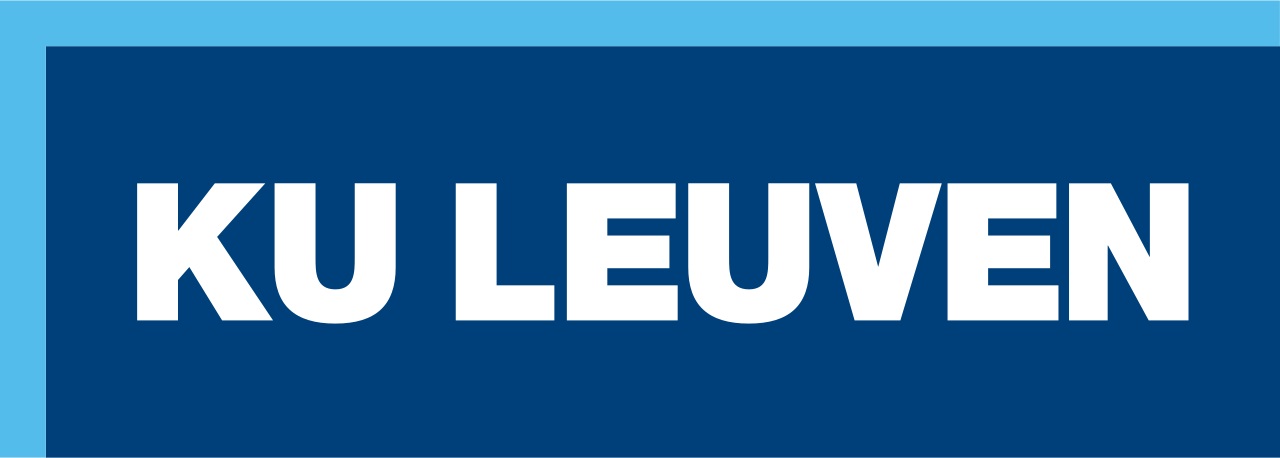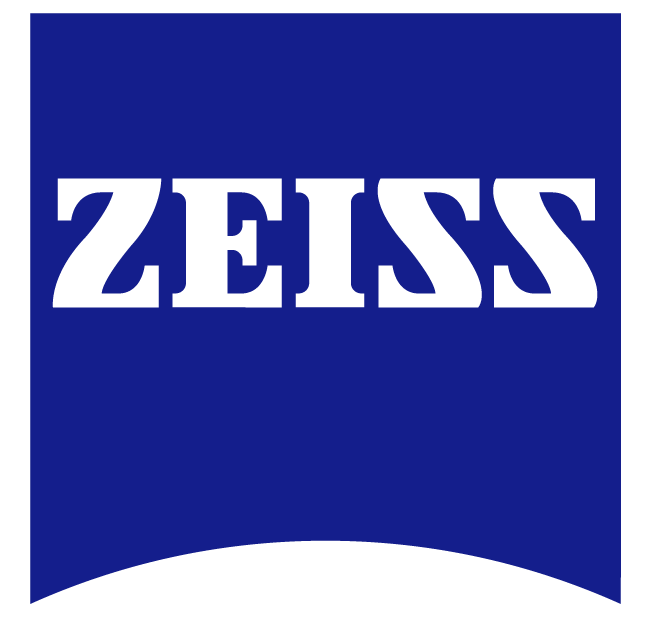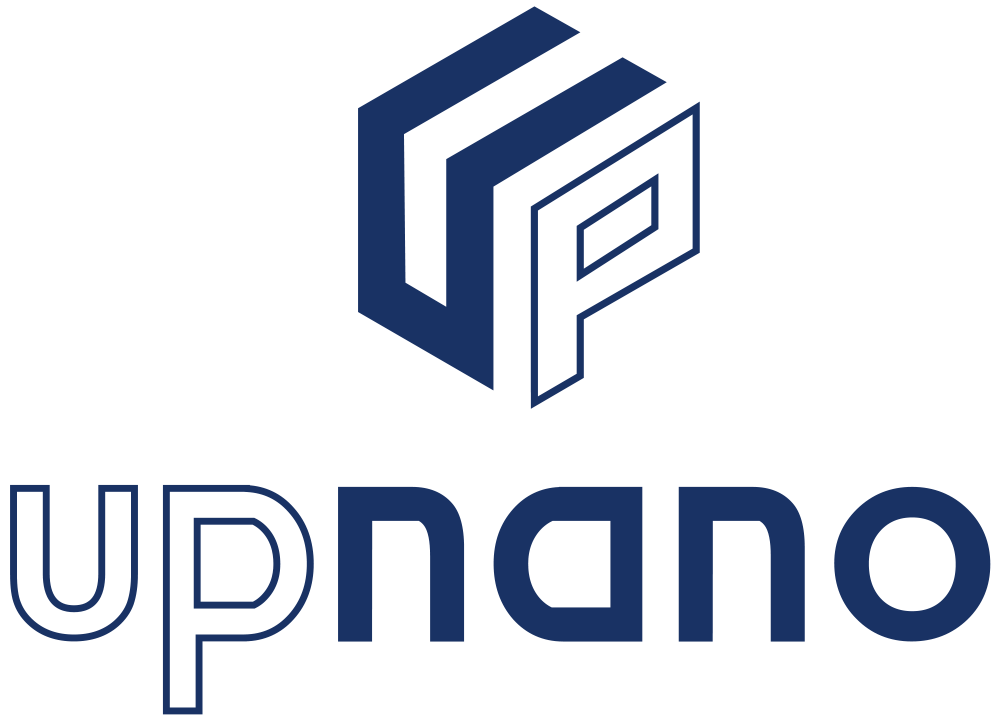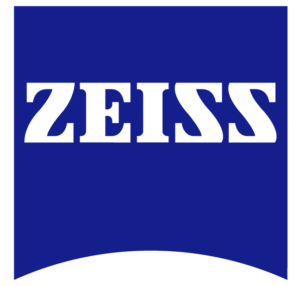Project Description
Special Interest Group Meeting: Advancing Precision in Additive Manufacturing
19th – 21st September 2023
Advancing Precision in Additive Manufacturing
19th – 21st September 2023, KU Leuven, Belgium
This 10th in the series of joint Special Interest Group meeting between euspen and ASPE on Advancing Precision in Additive Manufacturing is crucial to putting Additive Manufacturing onto the factory floor. We are seeking papers in the following categories:
1. Dimensional accuracy and surface finish in additive manufacturing (AM)
- State of the art: What level of precision and technological development is achievable?
- Functional specifications for form and finish
- Prediction and modelling of dimensional errors and surface topography
- Developments in fabricating lattice structures with high integrity
- Diversity in scale of features: large-scale to micro-/nano-scale
2. Design for precision
- Design rules and tolerancing for AM
- Topology optimisation/generative design in the context of AM and achieving precision
- Novel designs for flexures and kinematic couplings for precision movement
- Metallurgy and fatigue issues in high-cycle precision applications
- Design and tolerancing of lattice structures
3. Machine precision – process development and control
- In-situ process monitoring, e.g. melt zone temperature, powder bed quality
- In-process measurement of workpiece shape and topography
- Using artefacts to assess machine performance, round-robin testing
- Holistic views of the control system, process feedback, correction
- Machine learning to conquer the complex AM parameter space
- Machine learning with a focus on precision and uncertainty
4. Standards certification and training
- Certifying AM equipment capabilities and material properties
- Industrial demands for ASTM and ISO standards
5. Integrating AM into a holistic manufacturing process
- Cost-benefit trade-offs of using AM within a complex process chain
- Engineered partnerships among AM, secondary finishing and/or in-line metrology
- Kinematic tooling or build-plate engineering
- Digitalisation of manufacturing
6. Metrology
- Surface topography measurements on rough as-built surfaces
- Dimensional metrology of internal features using computed tomography
- Multi-sensor approaches, data fusion and machine learning
- Complex form measurement, registration and fitting of point clouds
- Measurement of 3D lattice strut dimensional accuracy and integrity
- Characterisation of internal defects and voids
7. Simulation
- Prediction and accounting for distortion and topography
- Physical model driven parameter optimisation and defect avoidance
- Model validation: experimental requirements and datasets
The local hosts and organising committee for the joint Special Interest Group meeting between euspen and ASPE on Advancing Precision in Additive Manufacturing are :- Dr Paul Bills from University of Huddersfield, UK; Prof. Liam Blunt from University of Huddersfield, UK; Prof. Mathieu Brochu from McGill Institute for Advanced Materials, CA; Dr David Bue Pedersen from Technical University of Denmark, DK; Prof. Wim Dewulf from KU Leuven, BE; Jason Fox from National Institute of Standards and Technology, US; Dr John Taylor from University of North Carolina at Charlotte, US and Prof. Bey Vrancken from KU Leuven, BE.
The Additive Manufacturing meeting chairs are Prof. Liam Blunt from the University of Huddersfield and Dr John Taylor from the University of North Carolina at Charlotte.
This event is supported by our local host:
Key Dates
21st April 2023 : Online short abstract submission deadline
16th June 2023 : Online extended abstract submission deadline
7th July 2023 : Notification of presentation acceptance (oral/poster)
7th July 2023 : Delegate registration opens
Registration Fees
- €195+VAT – euspen Student Member*
- €450+VAT – euspen Member
- €550+VAT – Non-euspen Member
- €650+VAT – Exhibitor
- €45+ VAT – Student Networking Dinner
€35 – Printed Proceedings
*Student members fee is not inclusive of the networking dinner.
All speakers and presenters must register for the conference using the appropriate delegate fee.
Registration
The euspen SIG meeting on Additive Manufacturing complies with international VAT/IVA/VAT MOSS rules and as such the relevant Standard VAT of Belgium VAT 21% will be applied to all delegate registration invoices. Please select the appropriate payment option below.
Select Credit Card if you would like to pay by credit card :-
Select Invoice if you would like to pay by invoice :-
- A valid Purchase Order (PO) number is required to guarantee payment.
- An administration fee of €30 will be applied.
- All invoices must be settled prior to attendance of the event. If the invoice remains outstanding at the point of attendance, the delegate will be required to pay the invoice via credit card before admittance.
- Your completed form should be sent to info@euspen.eu and an invoice will be sent to you manually.
Exhibitor Information
If you would like to exhibit at this meeting, your registration fee would include:
- 1 x table (actual size to be confirmed)
- 2 x chairs
- Space for 2 roll-up banners
- 5 minute industry presentation within the programme. We would request this is not a sales pitch but more related to organisational information and real-life applications of products etc.
- 1 x delegate registration (includes the networking dinner and access to presentations)
Sponsors
Exhibitors
UpNano is a Vienna (Austria) based high-tech company with the focus on development, manufacturing and commercialization of high-resolution 3D-printers. The systems are based on 2-photon-polymerization which offer industry-leading speed and resolution down to 0.2 µm. UpNano is committed to providing customers with a holistic package of hardware, software and optimized printing materials, for the fabrication of polymeric microparts as well as the unique possibility of bioprinting in a native cell environment. Using UpNano’s cutting-edge technology makes it possible to print objects with sizes ranging from the sub-micrometer to the centimeter range and up to 40 mm in height – within times and precision never achieved before.
UpNano was founded in September 2018 as a spin off of the TU Wien and has since developed into an established provider of 3D printing systems for research facilities, universities and businesses worldwide.
For more information please contact:
Viktoria Gruber
Team Lead Marketing & Corporate Communications
+43 (0) 1 8901652 – 206
Viktoria.gruber@upnano.com
www.upnano.com
ZEISS Industrial Quality Solutions is a leading manufacturer of multidimensional metrology solutions. These include CMMs, optical and multisensor systems, 3D X-ray metrology and microscopy systems for industrial quality assurance. By developing solutions specifically for additive manufacturing, from material and parameter development, ensuring printer equivalency, process qualification and stability, to in-process monitoring based on artificial intelligence for fully automated analysis of defect types and characteristics, without disrupting the production process – ZEISS Additive Manufacturing Solutions is providing fully digitized workflows, enabling to improve quality, understand causes of failure, drive sustainable process improvements, and set standards to enable large-scale industrialization.
For more information please contact:
Dipl.-Ing. (FH) Andreas Tietz
Global Head of Sales ZEISS Additive Manufacturing Technology
ZEISS Industrial Quality Solutions
andreas.tietz@zeiss.com
Carl Zeiss Industrielle Messtechnik GmbH
Carl-Zeiss-Str. 22
73447 Oberkochen, Germany
www.zeiss.com
Submit an abstract for Additive Manufacturing 2023
Announcement & Call for Abstracts
Come and join your international peers and maintain a leading edge on technology, customers, partners and suppliers. Access the greatest minds in Advancing Precision for Additive Manufacturing research and development. Share knowledge and information and stimulate debates.
Themes :-
- Dimensional accuracy and surface finish in additive manufacturing (AM)
- Design for precision
- Machine precision – process development and control
- Standards certification and training
- Integrating AM into a holistic manufacturing process
- Metrology
- Simulation
Submission of abstracts
Abstracts are expected to describe original work, previously unpublished and should indicate new and significant advances and their importance. Initially short abstracts between of around 300 words in length should be submitted online using the below links.
Following review of short abstracts, authors will be provided with instructions for submitting extended abstracts of either two or four A4 pages. On acceptance of extended abstracts, authors are notified of presentation mode (poster/oral). All papers accepted will also be indexed on to euspen’s Knowledge Base which is indexed via Scopus. The final decision on acceptance of all papers is made by the Editor and Scientific Committee of the SIG meeting.
The invitation to submit an abstract does not constitute an offer to pay travel, accommodation or registration costs associated with the conference. Similarly, no speaker fee is paid to successful participants. All speakers must register for the conference and transfer registration fee. In specific cases the organising committee reserves the right to deviate from the standard procedure.
Keynotes
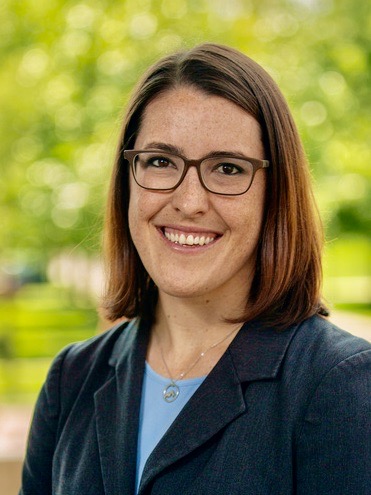
Dr Joy Gockel
Colorado School of Mines, US
Surface formation and measurement toward additive manufacturing fatigue properties prediction
Metal additive manufacturing (AM) for critical applications requires a comprehensive understanding of the fatigue failure mechanisms. However, whether to classify process induced flaws as critical defects is currently uncertain. Rough as-printed surfaces in laser powder bed fusion are a particularly dominating mechanism of fatigue failure. In addition to roughness from the layered build process, adhered powder, spatter particles, and other features may be present on the as-built surface. Some of these may not influence the mechanical performance of components but will influence the roughness metrics. The measurement technique used will also impact the calculated metrics and any correlations to mechanical performance. The relationships connecting the contour processing parameters, surface formation and measurement metrics to fatigue life will be discussed. Understanding the influences of surface condition on fatigue behaviour can provide guidance for post-processing requirements and necessary design guidelines around critical defects.
Biography
Dr Joy Gockel is an Associate Professor in Mechanical Engineering at Colorado School of Mines, and the Executive Director of the Alliance for the Development of Additive Processing Technology (ADAPT) research center and industry consortium. Joy joined Mines from Wright State University where she was an Assistant Professor in Mechanical and Materials Engineering. Prior to her faculty positions, she was a Lead Engineer at GE Aviation’s Additive Technology Center and earned her PhD in from Carnegie Mellon University. Her work specializes in connecting the additive manufacturing processing-structure-properties-performance relationships. For her research and professional contributions, she has been recognized as a 2020 ASTM International Young Professional in Additive Manufacturing, a 2021 TMS Young Leader, the 2021 International Outstanding Young Researcher in Freeform and Additive Manufacturing (FAME Jr.) and is part of the 2022 class of America Makes Ambassadors.
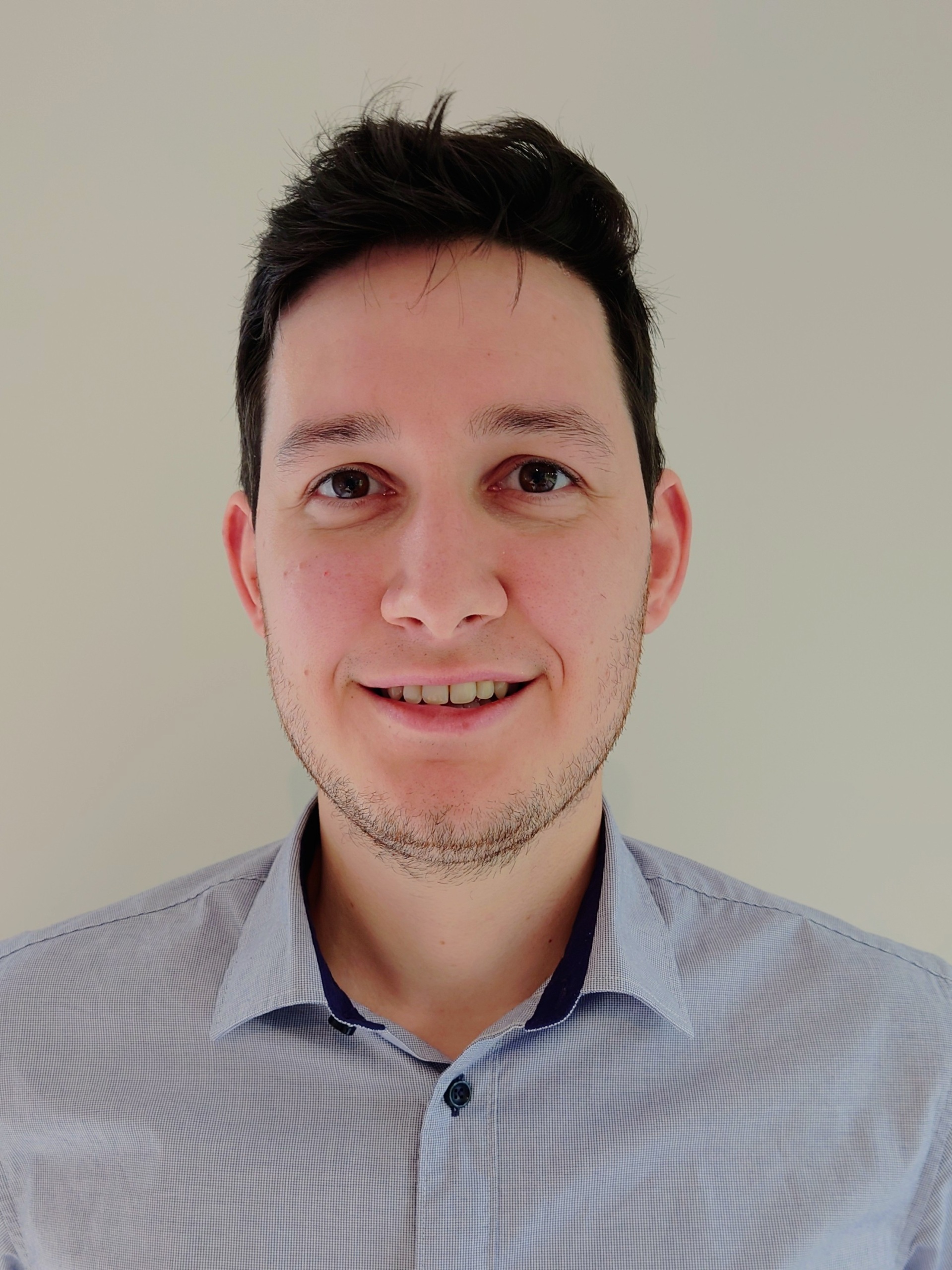
Niels Holmstock
3D Systems, BE
Manufacturing precision parts with complex geometries using metal LPBF
Making precision components efficiently requires control of the entire manufacturing flow of a part. This presentation gives insight into challenges and best practices when aiming to make precision parts in a reproducible way. Multiple steps in the production process will be covered, including Part Design, Additive Manufacturing, Heat Treatment, Manual Finishing, CNC Machining and Quality Control. Examples used are sourced mainly from the semiconductor industry where high precision meets large quantities.
Biography
Niels Holmstock is a mechanical engineer working as Application Development manager for 3D Systems on metal additive manufacturing (AM) applications in their Application Innovation Group (AIG).
Over 7 years of working on complex metal AM projects for the semiconductor industry has taught him how to have both technical and economic success with making complex precision parts. Niels leverages this knowledge daily to accelerate metal AM away from prototyping only and towards a sustainable production technology.
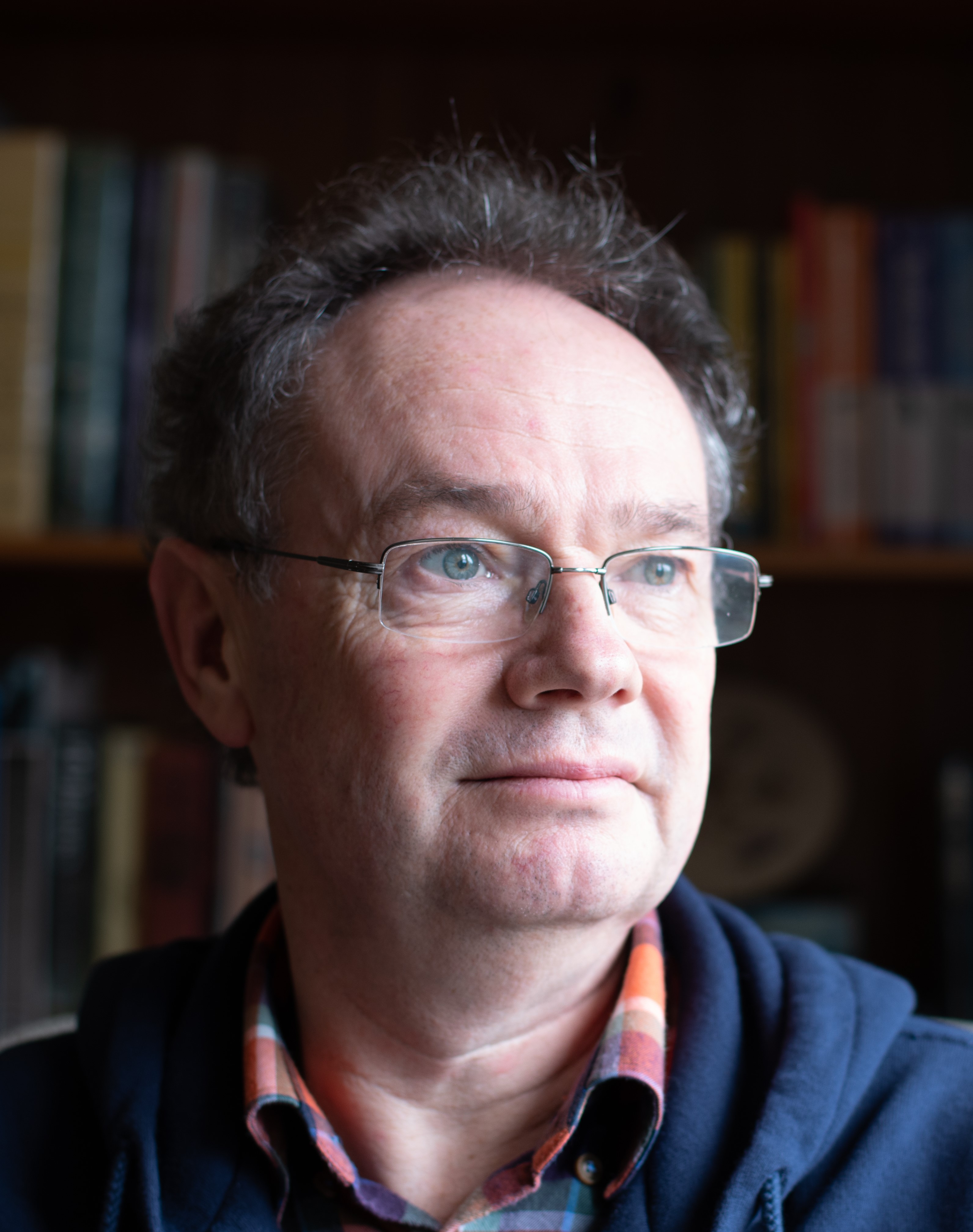
Dr Ian Laidler
Wayland Additive, UK
Neubeam Electron Beam PBF and the advantages of active charge neutralisation
This talk will introduce the concepts of active charge neutralisation and then explore the benefits this brings to the electron beam powder bed fusion process.
Biography
Dr Ian Laidler is a Physicist and Engineer with more than 30 years of industrial experience directing complex technical developments of high value capital equipment for the semiconductor and medical industries. Ian has always worked with particle accelerators of some form ranging from superconducting electron synchrotrons for the X-ray lithography programmes of the ‘90s; superconducting proton cyclotrons for PET scanners; X-ray beamlines for the world’s third generation synchrotrons; and electron beam lithography systems for the semiconductor and nanotechnology industries. As a co-founder of Wayland Additive, Ian has brought this experience to the field of electron beam metal AM.
Dr Michele Pavan
Materialise, BE
Assessing part quality at different stages of the AM workflow
In this presentation we will show how: simulation, process monitoring and control, and analysis of optical images can be used to detect, and potentially correct, common problems occurring in Metal LPBF processes. Using a wide range of examples, we will illustrate how to assess the part quality at different stages of the workflow, improving the robustness of the production chain and decreasing lead times. The insights provided by the presented tools are validated by mean of X-Ray Computed Tomography.
Biography
Dr Michele Pavan is a Materials Engineer with an experience of 10 years in different aspects of Additive Manufacturing, ranging from Process Engineering, Quality Control using X-ray Computed Tomography and software development for AM. He currently works as Research Engineering Manager within the Central Research and Technology Unit at Materialise. He holds a PhD in Engineering Technology from KU Leuven and, Master and Bachelor in Materials Engineering from the University of Padua.
State-of-the-Art
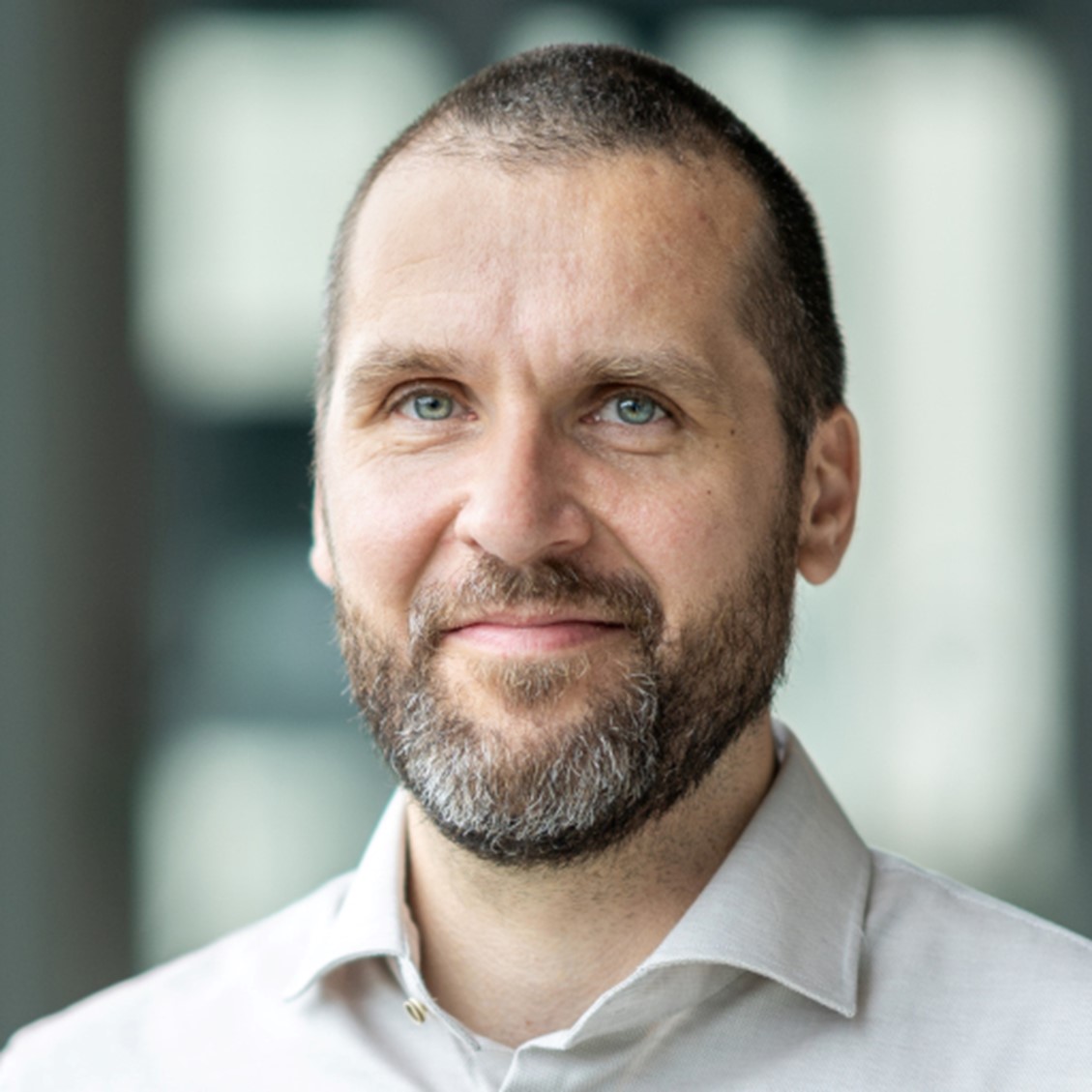
Prof. Matthijs Langelaar
Delft University of Technology, NL
Topology Optimization for Additive Manufacturing – Focus on Precision
The past decade has seen rapid advances in both Additive Manufacturing (AM) technologies and computational design methods for AM, most notably Topology Optimization (TO). The design freedom offered by AM and the systematic form-follows-function process of TO form a synergetic combination that enables the generation of designs with unprecedented performance. In this contribution, next to a general introduction to TO-for-AM, recent developments in this field are considered, with special attention to various aspects of precision. This includes design resolution, distortion reduction, AM-enabled precision positioning applications, and also precision regarding material properties of printed parts.
Biography
Matthijs Langelaar is Professor at Delft University of Technology, leading the Computational Design and Mechanics research group. The focus of his research is to advance computational design techniques in particular for demanding high-tech applications, with a specific emphasis on topology optimization and design for (additive) manufacturing.
He holds a PhD degree from Delft University of Technology and an MSc degree in Mechanical Engineering from University of Twente. He has also worked at the German Aerospace Center, University of Freiburg in Germany, University of Colorado at Boulder, US, and at Seoul National University, Korea.
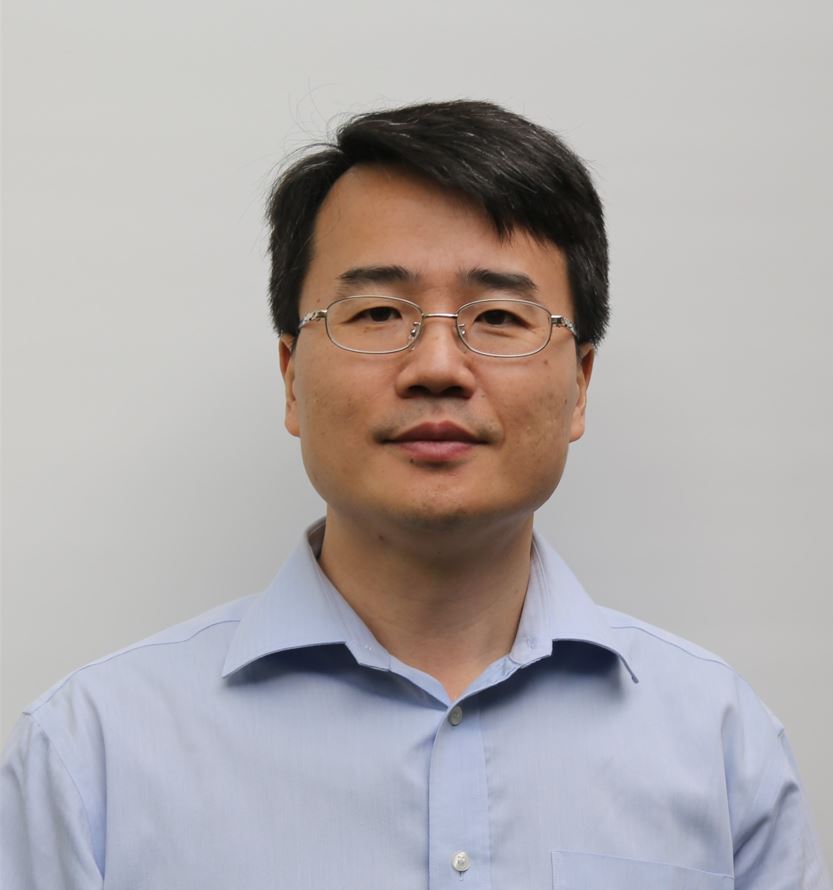
Dr Ho Yeung
National Institute of Standards and Technology, US
Voxel level laser control for the laser powder bed fusion process
The laser powder bed fusion (LPBF) process is a widely utilized metal additive manufacturing (AM) technique, known for its capability to generate complex structures, optimized geometries, lightweight components, and intricate designs. Although AM is commonly perceived as a layer-by-layer method, LPBF actually builds parts voxel-by-voxel using a point laser heating source. Consequently, managing the LPBF process at the voxel level—emphasizing each three-dimensional printing element—yields significant benefits. This research presents a novel voxel-level laser control approach, utilizing time-stepped digital commands to coordinate laser power and diameter for each point along the digitally interpolated scan path. This method facilitates model-based scan strategy execution and digital twin-based real-time process control, while providing a clear description of the laser scan strategy, ensuring platform independence. An open-platform testbed, designed around the time-stepped digital command approach, is introduced, and case studies demonstrating various advanced scan strategies employing voxel-level laser control are explored.
Biography
Dr Ho Yeung is an Electronics Engineer at the National Institute of Standards and Technology (NIST). His research career began with large plastic deformation, and machine tool control before transitioning to additive manufacturing in recent years. He leads the Machine and Process Control Methods for Additive Manufacturing project at NIST, and developed the AM control system for NIST Additive Manufacturing Metrology Testbed (AMMT). Ho Yeung holds a Ph.D. in Industrial Engineering from Purdue University, where he also earned both his MS and BS in Computer and Electrical Engineering.


